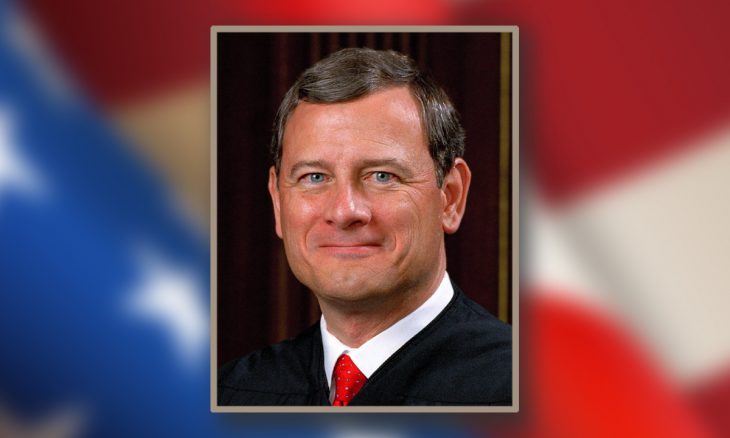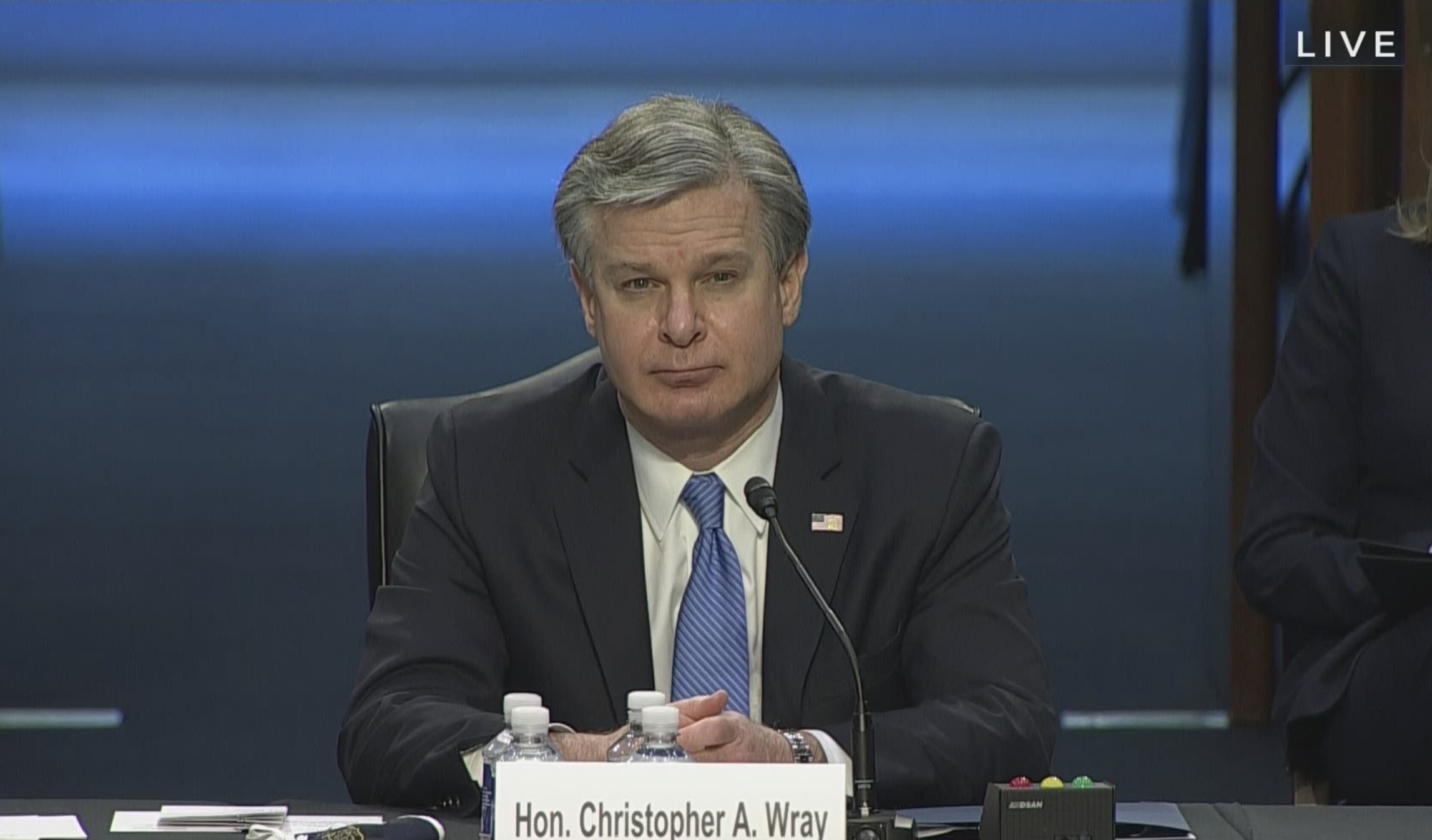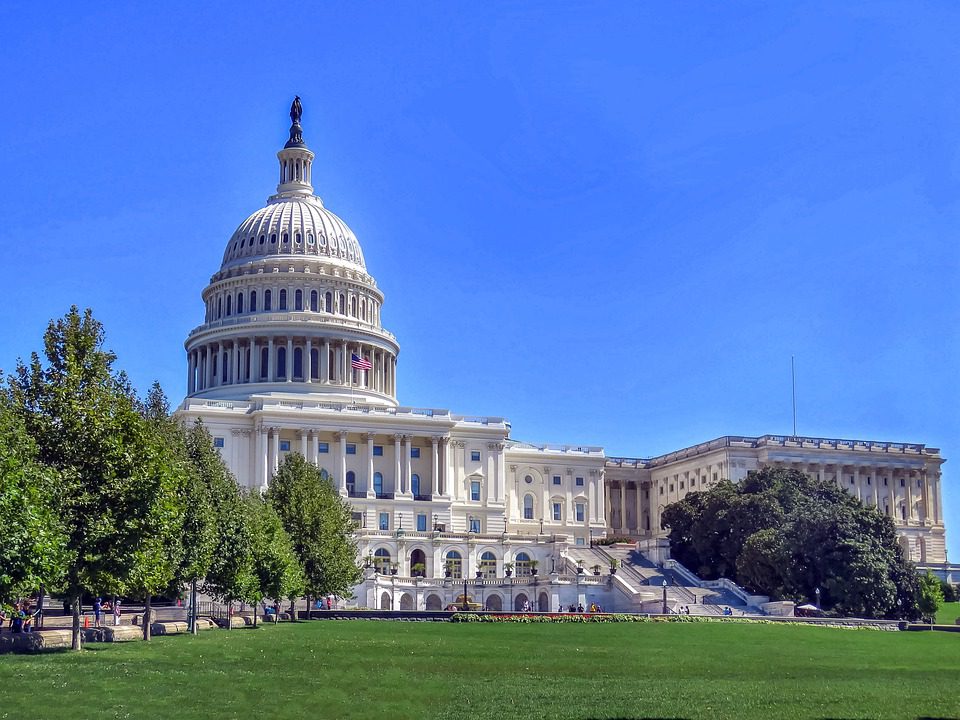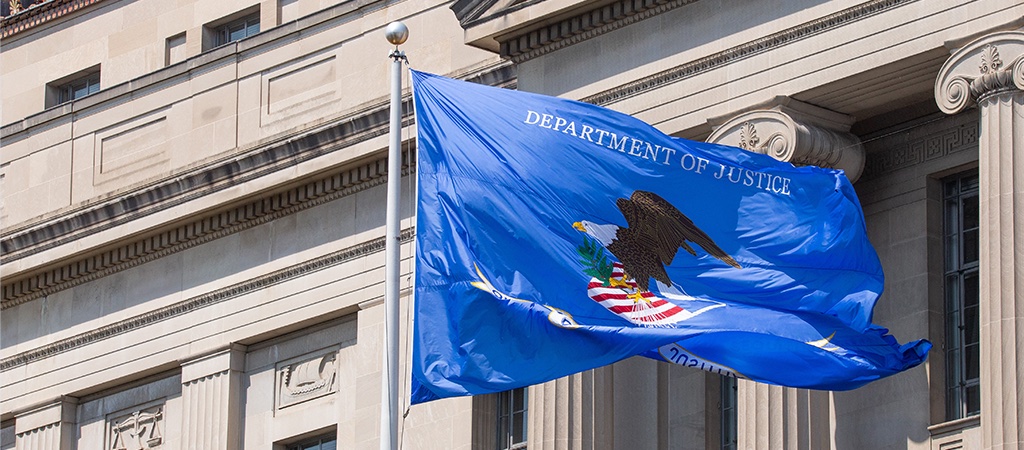Chief Justice John G. Roberts
Supreme Court of the United States
John Glover Roberts, Jr., was born in January 1955 in Buffalo, New York, and grew up in Indiana. He earned an undergraduate degree from Harvard College, and was preparing to pursue a Ph.D. in history but decided to attend Harvard Law School instead where he received his Juris Doctor. He clerked at the Second Circuit U.S. Court of Appeals, then clerked for Justice William Rehnquist of the Supreme Court.
He went to work as a special assistant to the U.S. Attorney General William French Smith and was then an associate with the White House Counsel during the Reagan administration. He entered private practice in Washington, D.C. He joined the administration of President George H.W. Bush as Principal Deputy Solicitor General. At the end of that administration, he returned to private practice.
Roberts was nominated by President George W. Bush to a seat on the U.S. Court of Appeals for the D.C. Circuit. His first nomination was allowed to expire by the Senate, but he was renominated, confirmed by the Senate, and received his commission in June 2003. In June 2005, President Bush named Roberts to fill a vacancy created by the retirement of Justice Sandra Day O’Connor on the Supreme Court. While his nomination was pending, Chief Justice Rehnquist died. Two days later, President Bush withdrew Roberts’ nomination as O’Connor’s successor and announced Roberts’ new nomination to the position of Chief Justice. He was confirmed by the Senate and took his oath of office in September 2005.
Roberts is married to Jane Sullivan and they have two adopted children. He is a Roman Catholic.
In the News…
In a 6-3 decision, the Supreme Court ruled in favor of protecting private property and against farm labor unions in California, the nation’s largest agricultural producing state. The ruling may make it harder to organize migrant workers and potentially more difficult to regulate health and safety conditions.
In the opinion, authored by Chief Justice John Roberts, the court’s majority struck down a California regulation that had given labor organizers a right to access private farm property up to three hours a day, 120 days a year, to meet with workers when they were off the clock.
Union officials had argued the regulation, in place for 45 years, has been essential to educating and communicating with a highly transient workforce. Two farm owners that challenged the rule said they are “archaic” and in violation of the Takings Clause of the Fifth Amendment.
“Government-authorized invasions of property—whether by plane, boat, cable, or beachcomber—are physical takings requiring just compensation,” Roberts wrote. “Accordingly, the growers’ complaint states a claim for an uncompensated taking in violation of the Fifth and Fourteenth Amendments.” The Chief Justice affirmed that property owners have an inherent “right to exclude.”
“We cannot agree that the right to exclude is an empty formality, subject to modification at the government’s pleasure. On the contrary, it is a ‘fundamental element of the property right,’ that cannot be balanced away,” the chief justice wrote.
Contact this Leader…
Did you pray for Chief Justice Roberts today? You can let him know at:
The Honorable Chief Justice John Roberts
Supreme Court of the United States
1 First Street NE
Washington, DC 20543









